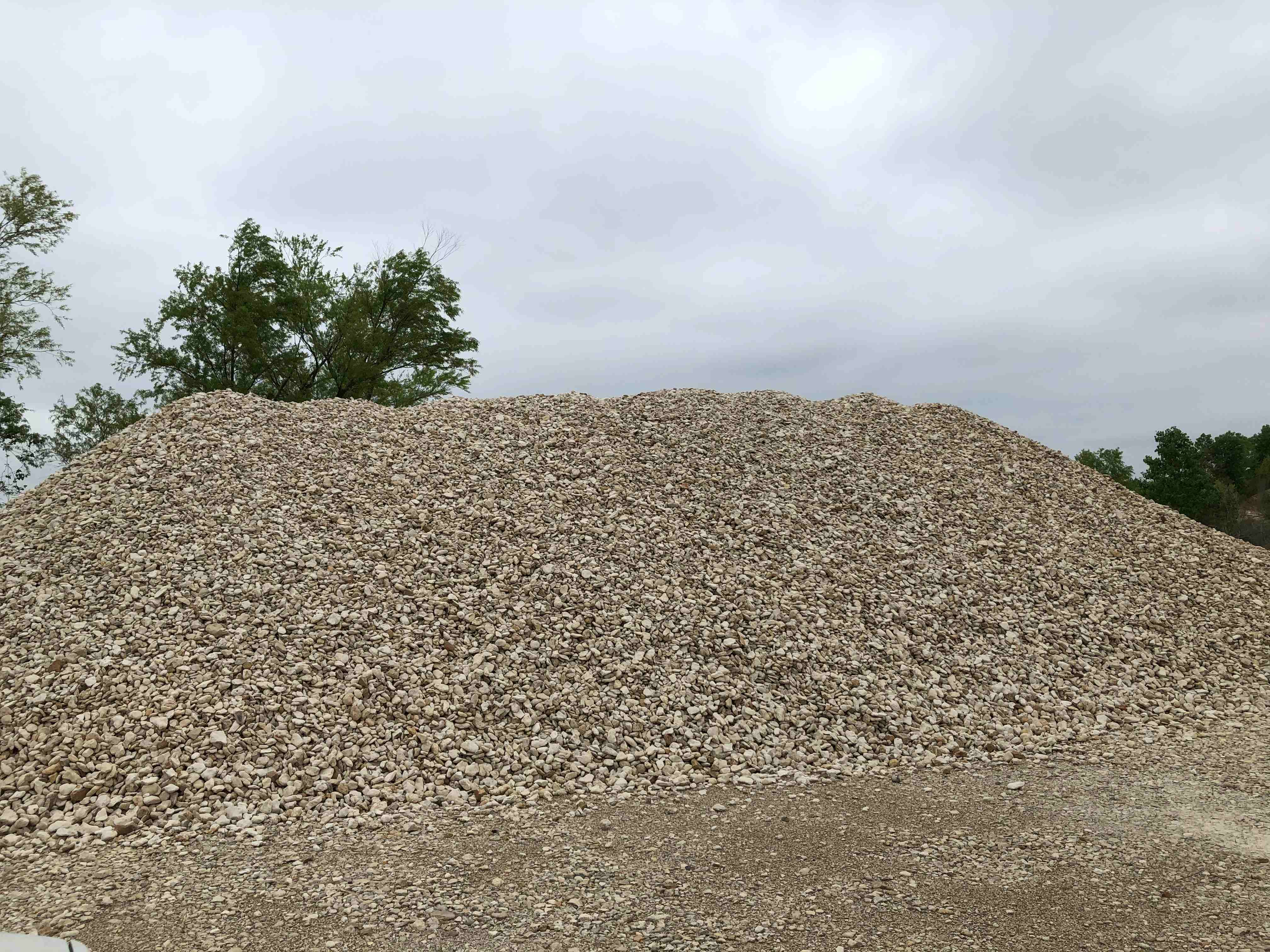What Is River Rock?
River rock, a type of washed gravel, is a loose rock found along the banks of rivers, lakes, and other bodies of water. Due to natural water erosion, river rock has a smooth, round shape that makes it perfect for both decorative and practical purposes, as well as for making concrete. It comes in a variety of colors such as red, white, gray, and tan and can be ordered in many different sizes.

While river rock is not always suitable for large construction projects, it is especially popular for landscaping and residential projects. In particular, many people choose to use river rock on their lawn landscaping or in their garden because of the excellent drainage properties of the rock.
River rock can be screened or washed, or it can be kept in its naturally occurring form. Screened rock refers to rock that has been passed through a series of screens in order to provide a material that is uniform in size. Washed rock refers to rock that has been cleaned via high pressure water jets, removing any dirt, dust, or other impurities. Naturally occurring river rock will vary in size and will be dirty or muddy in appearance. This layer of dirt will eventually wash away with rain or focused watering.
Why River Rock Is Great for Landscaping
River rock is one of the most aesthetically pleasing rocks. River rock in Central Texas comes in beautiful colors and textures, making the rock especially popular for landscaping and outdoor decoration. In addition to landscaping, river rock has more practical uses because it provides excellent drainage, a great addition to many gardens or areas which are exposed to a lot of moisture.
River rock is also used in the production of concrete and for industrial jobs, but some popular landscaping projects which use river rock include:
- Outdoor staircases
- Patios
- Border walls
- Outdoor decoration
- Walkways
- Gardens
- Filling holes
River Rock Types
1. Pea Gravel
Pea gravel is made of tiny pieces of rock and comes in a variety of colors that are similar to the shades of river rock. While pea gravel does not come in larger sizes like river rock, it serves as a great decorative and practical material for outdoor projects like pebbled walkways, patios, and gardens. While it is not used for as many utility purposes, pea gravel nicely complements river rock because river rock provides good drainage while pea gravel serves as a strong weed suppressant in gardens.
2. #57 Rock, aka 1” River Rock
#57 rock is a naturally worn rock that is ¾” or 1” in diameter and is a foundational material for construction projects. The number 57 in its name comes from the size of the sieve used to sort and screen the rocks in order to meet the specs set by the state. This type of rock also provides excellent drainage and is therefore a popular choice for landscaping projects. However, #57 rock can be expensive due to its growing popularity in construction and can be difficult to find depending on the flexibility of the project and if the rock needs to be imported.

3. Oversize River Rock
River rock generally comes in smaller sizes, but there is an alternative for projects requiring something larger. River rock that is larger than 2” in diameter is called oversize river rock, and it is not as common as natural river rock. Quarries must have special equipment to handle the larger rocks, which also adds to the price tag. This type of river rock is used mostly for landscaping purposes and is a good alternative to manufactured river rock because of its size and strength.
Cost of River Rock Compared to Alternatives
Demand for river rock has grown because of the materials popularity across a wide range of construction and landscaping jobs. Unfortunately, while demand is strong, supply has not been able to grow proportionately. Due to this, the price of river rock can sometimes increase while alternatives like limestone are more common and therefore remain cheaper. Oversize river rock and 1” rock can be more expensive than other river rock types because of the materials popularity in the construction and landscaping industries. In addition, if supply is critically low, these materials will need to be imported, increasing the landed cost of the product.
How to Order River Rock in Texas
Our professionals at Twisted Nail offer quarry direct trucking to make sure your materials get delivered when you want them, where you want them. There may be times when your specific material is in short supply or unavailable in your market altogether. Our expert team is partnered with nearly all quarries in Central Texas and are dedicated to finding your aggregate as quickly and efficiently as possible. Contact our team for more information about how we can provide your projects the materials you need, when you need them, at a price that works for you.